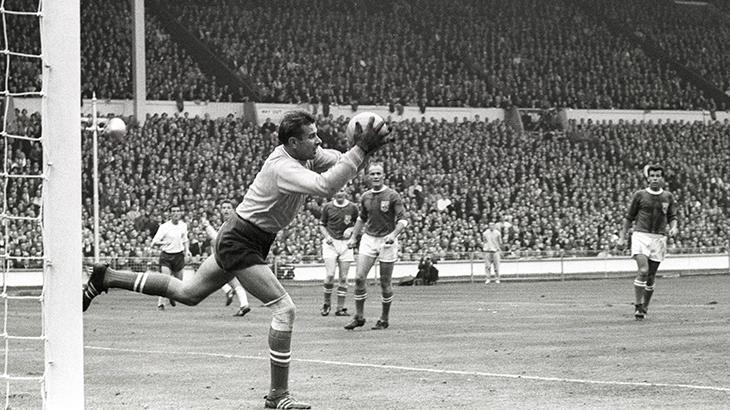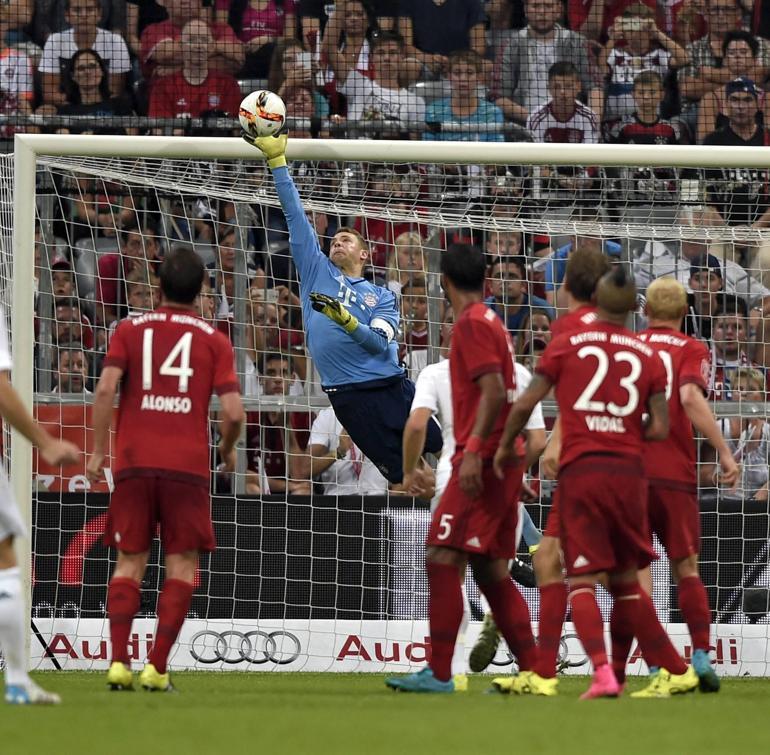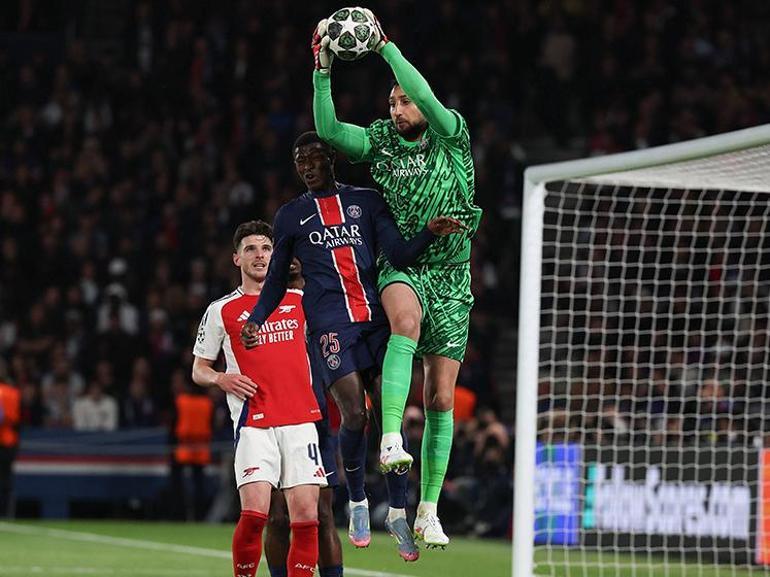Can a goalkeeper ever win the Ballon d'Or again?
In 70 years, only Lev Yashin (1963) has won football's Ballon d'Or as a goalkeeper. This anomaly reveals a deep bias towards attacking players, statistical disadvantages, and the game's evolution. While the Yashin Trophy exists, can a keeper's monumental season and team success ever sway voters enough to reclaim the ultimate individual award?

The Ballon d'Or is football's most prestigious individual award, celebrating the player deemed to have performed best over the past season. Yet, in its nearly 70-year history, only one goalkeeper has ever lifted the coveted Golden Ball: the legendary Soviet shot-stopper Lev Yashin in 1963. This striking anomaly begs the question: in the modern era of football, can a goalkeeper ever truly win the Ballon d'Or again?
Read More ›
The path for goalkeepers to win football's ultimate individual accolade is fraught with challenges, largely due to the inherent nature of their position and the voting criteria.
The Historic anomaly: Lev Yashin's unique triumph
Lev Yashin, often dubbed "The Black Spider" for his distinctive all-black kit and incredible agility, was a revolutionary goalkeeper. He was known for his athletic saves, commanding presence, and pioneering the "sweeper-keeper" role, proactively coming off his line to intercept attacks. His win in 1963 was a testament to a truly exceptional year where he conceded only six goals in 27 matches for Dynamo Moscow and showcased his brilliance on the world stage.

Since Yashin, despite numerous world-class goalkeepers emerging, none have managed to replicate his feat. Players like Dino Zoff (1973), Oliver Kahn (2001, 2002), Gianluigi Buffon (2006), and Manuel Neuer (2014) have come close, finishing in the top three, but ultimately fell short.
Read More ›
Why goalkeepers Face an uphill battle for the Ballon d'Or
Several factors contribute to the significant disadvantage goalkeepers face in Ballon d'Or voting:
- Goal-scoring bias: Football is, at its heart, about scoring goals. Strikers and attacking midfielders are consistently in the spotlight, producing the most memorable moments – goals and assists – that directly impact the outcome of games. Voters, often journalists, are naturally drawn to these flashy, tangible contributions.
- Statistical disparity: Forwards have clear, quantifiable metrics like goals and assists that are easy to compare. For goalkeepers, metrics like save percentage or clean sheets are heavily dependent on the entire team's defensive performance. It's harder to isolate and highlight individual goalkeeping brilliance through raw numbers in the same way.
- "Anti-Football" narrative: As some analysts suggest, a goalkeeper's primary role is "anti-football" preventing what everyone else is trying to achieve. While a stunning save can be breathtaking, it often doesn't capture the imagination in the same way a perfectly executed attacking move or a long-range strike does. A 0-0 draw, even with incredible goalkeeping, rarely generates the same buzz as a high-scoring thriller.
- Evolution of the game: While modern goalkeepers are increasingly involved in build-up play and act as sweeper-keepers, their primary contribution remains defensive. The game has become more attacking, with emphasis on high pressing, quick transitions, and intricate attacking patterns, further highlighting outfield players.
- The Messi-Ronaldo era: For over a decade, the unprecedented dominance of Lionel Messi and Cristiano Ronaldo effectively created a duopoly over the Ballon d'Or, making it nearly impossible for any other player, regardless of position, to win. With their era concluding, the door might seem more open, but the bias towards attacking players persists.
The Yashin trophy: A double-edged sword?
In 2019, France Football, the organizers of the Ballon d'Or, introduced the Yashin Trophy, specifically recognizing the best goalkeeper in the world. While a positive step in acknowledging the position's importance, some argue it inadvertently reinforces the idea that goalkeepers belong in their own separate category, implicitly accepting they won't win the main award.

Can the trend be reversed?
For a goalkeeper to realistically win the Ballon d'Or again, several stars would likely need to align:
- Exceptional individual brilliance: The goalkeeper would need to have a truly monumental season, making game-winning saves in every crucial match, dominating both domestic and international competitions.
- Team success: They would almost certainly need to be the undisputed best player on a team that wins multiple major trophies, including a significant continental title (Champions League/Copa Libertadores) or a major international tournament (World Cup/Euros).
- Narrative & Impact: Their performances would need to generate an undeniable narrative of decisive impact, perhaps carrying a less-fancied team to unexpected glory, similar to Luka Modric's 2018 triumph with Croatia.
- Voter shift: There would need to be a conscious shift among voters to recognize and prioritize defensive contributions and overall impact over raw goal-scoring numbers.
While the odds remain heavily stacked against them, modern goalkeepers like Thibaut Courtois, Alisson Becker, and Gianluigi Donnarumma have consistently showcased their ability to be match-winners. Their growing involvement in build-up play also adds another dimension to their overall contribution.
The possibility of a goalkeeper winning the Ballon d'Or again is slim, but not entirely impossible. It would require a truly historic season, a combination of individual brilliance and unparalleled team success, and perhaps a subtle evolution in how the football world values the silent guardians of the net. Only time will tell if another "Black Spider" will emerge to break the mold.










